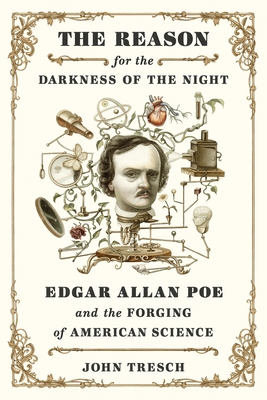What do you think?
Rate this book


448 pages, Hardcover
First published June 15, 2021
Many of Poe’s devoted fans— whether they revere him as the mastermind of horror, inventor of the detective story, pioneer of science fiction, high priest of symbolist art, or brooding prince of the goths— have never read Eureka: A Prose Poem, the cosmological theory he propounded that night in 1848. Beyond its length, and the difficulties of its form and argument, Eureka seems out of place among Poe’s most famous works, whether his outrageous tales of horror and madness or his hymns to ethereal beauty.
This book tells the full story of Edgar Allan Poe’s life— but it does so from a new angle. It returns Poe’s cosmology to its place at the summit of his life and thought, showing his work as a singular expression of the tumultuous ideas and passions of his age, thoroughly bound up with the emergence of modern science….
…Poe argued that every word and image in a poem or tale should contribute to a single, deliberately chosen effect. His works deliver a dazzling array of shocks and delights— effects of terror, humor, disgust, sublimity. Yet a second moment often follows the initial blow. Attentive readers might wonder, how did he do it? What combination of words, expectations, and publicity allowed him to strike such a concussion upon the individual and collective mind?